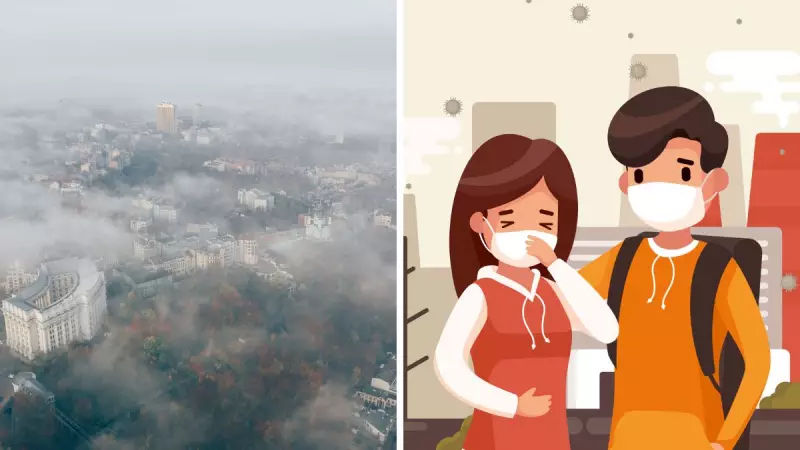
Delhi's air quality has plunged to dangerously hazardous levels, creating what doctors are calling a public health emergency. The capital's notorious smog isn't just reducing visibility—it's silently attacking residents' health in ways that should concern every citizen.
The Invisible Health Crisis
Medical experts are witnessing a dramatic surge in patients complaining of respiratory and cardiovascular issues. "What many people dismiss as just seasonal cough or irritation is actually their body's response to toxic pollutants," explains a senior pulmonologist from a leading Delhi hospital.
Immediate Health Effects You Can't Ignore
- Persistent coughing and throat irritation
- Burning eyes and nasal congestion
- Breathing difficulties, especially for asthma patients
- Headaches and dizziness
- Skin allergies and rashes
Long-Term Dangers Looming Large
The most alarming aspect isn't the immediate discomfort but the silent, cumulative damage occurring inside residents' bodies. Long-term exposure to Delhi's polluted air significantly increases risks of:
- Chronic respiratory diseases including COPD
- Heart conditions and hypertension
- Reduced lung capacity, particularly in children
- Neurological disorders
- Increased cancer risk
Who's Most Vulnerable?
While poor air quality affects everyone, certain groups face heightened risks. Children, elderly citizens, pregnant women, and people with pre-existing health conditions require extra protection. Outdoor workers and traffic police are also particularly vulnerable due to prolonged exposure.
Practical Protection Strategies
Doctors recommend these essential measures to minimize health risks:
- Wear N95 or N99 masks when outdoors
- Limit outdoor activities during peak pollution hours
- Use air purifiers at home and workplace
- Keep windows closed during high pollution days
- Stay hydrated and include antioxidant-rich foods in your diet
- Monitor AQI levels regularly through reliable apps
The situation demands both individual action and systemic solutions. As Delhi continues to battle this environmental crisis, understanding the health implications becomes the first step toward protection and prevention.





